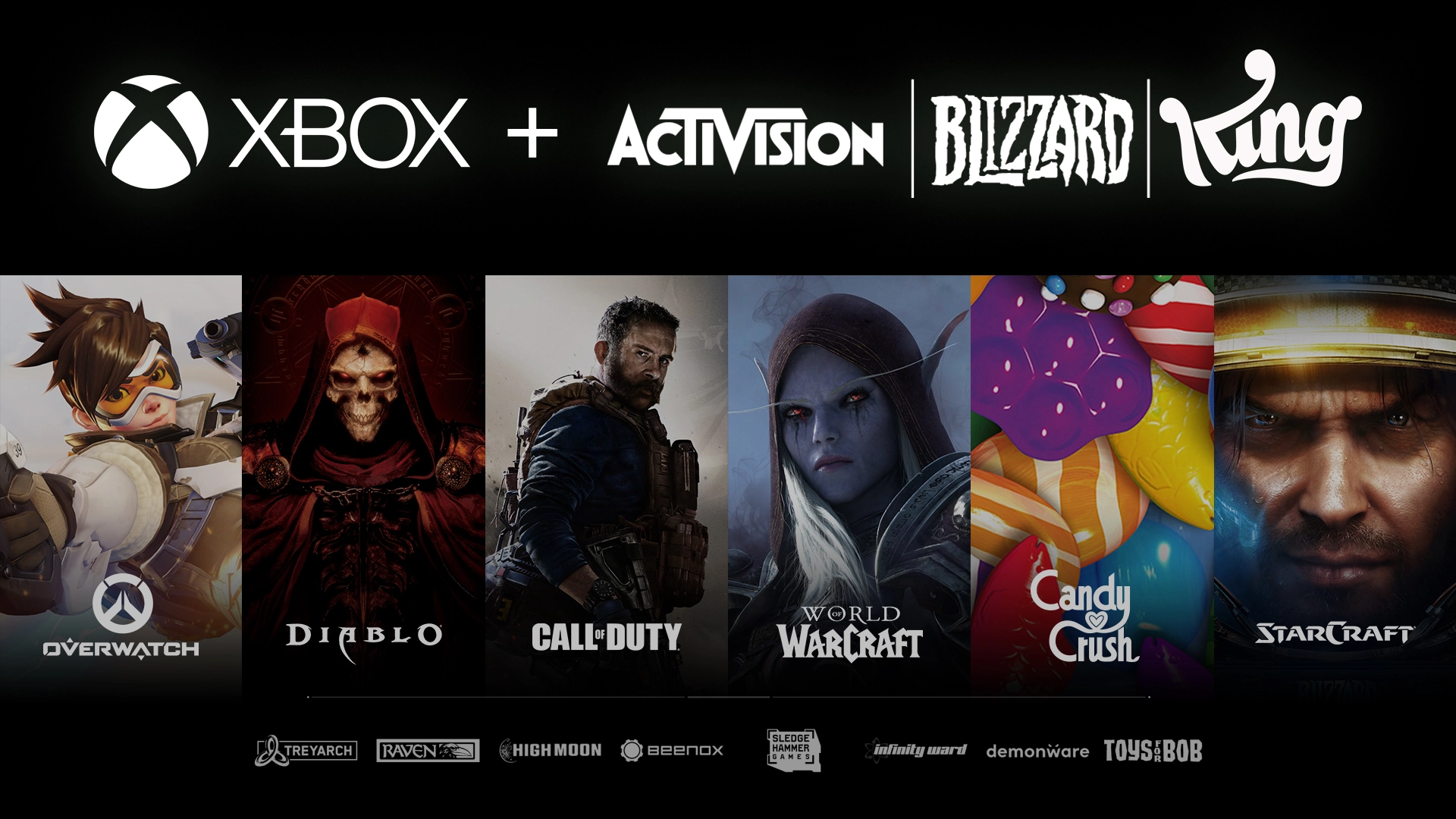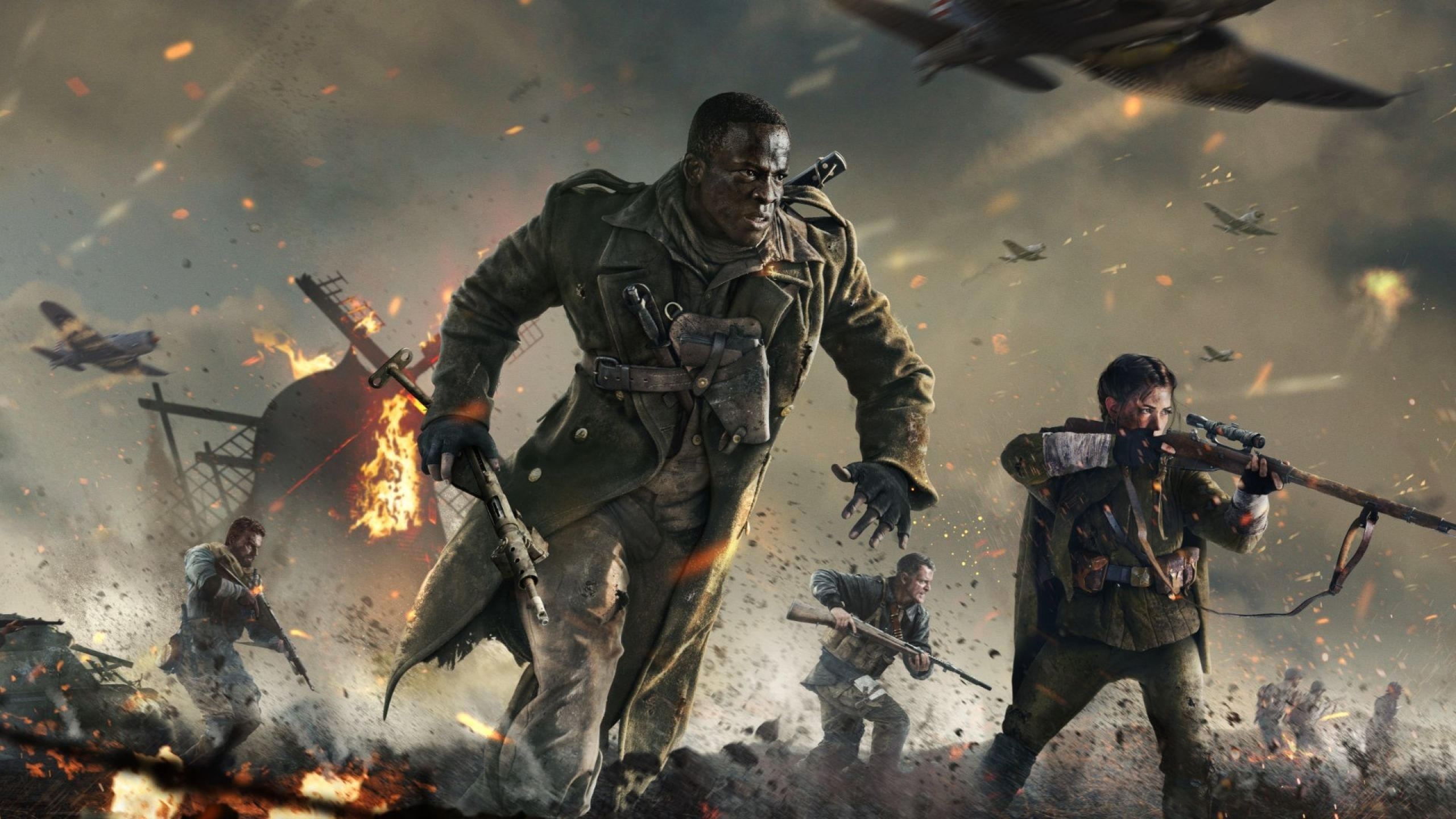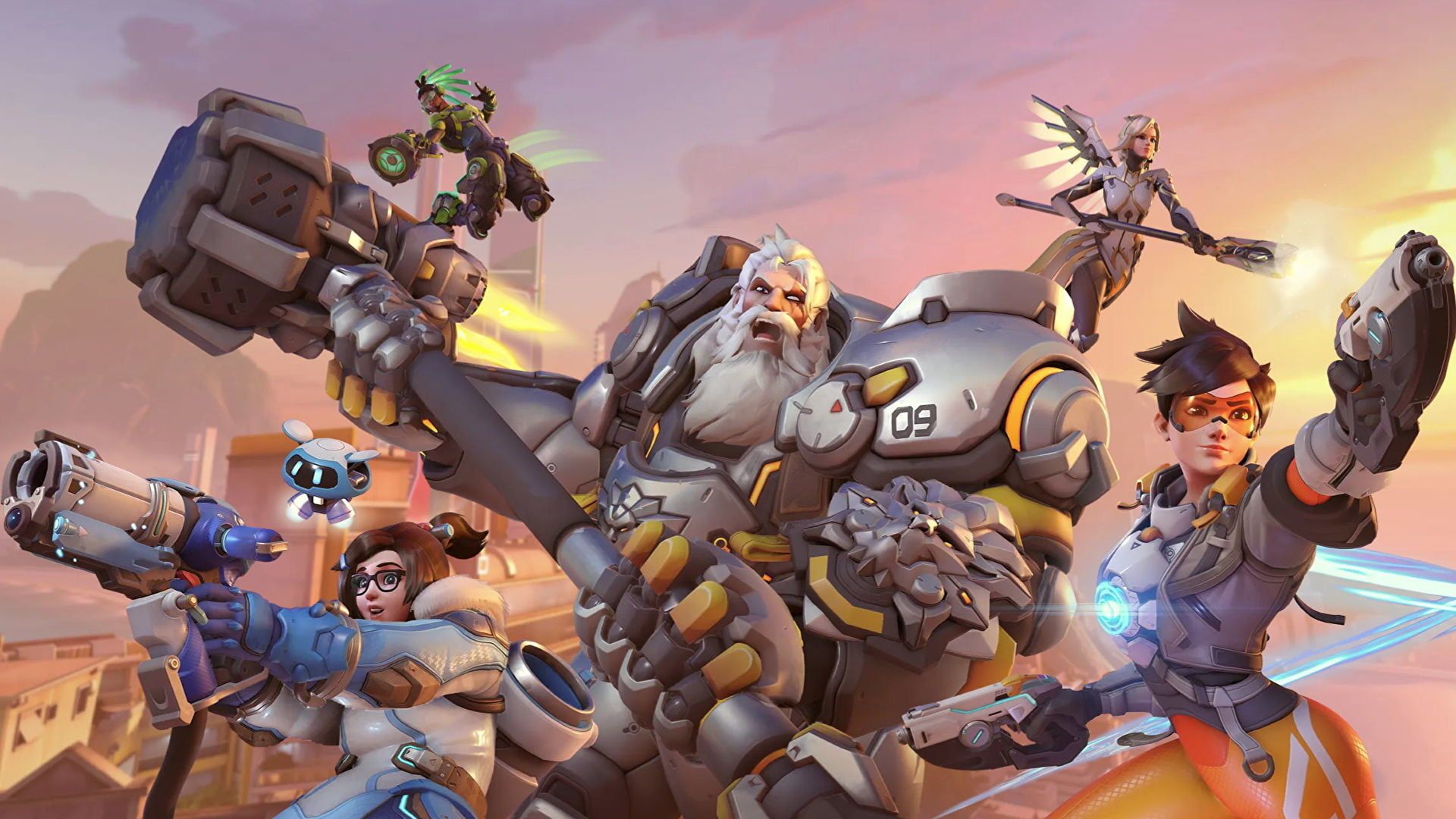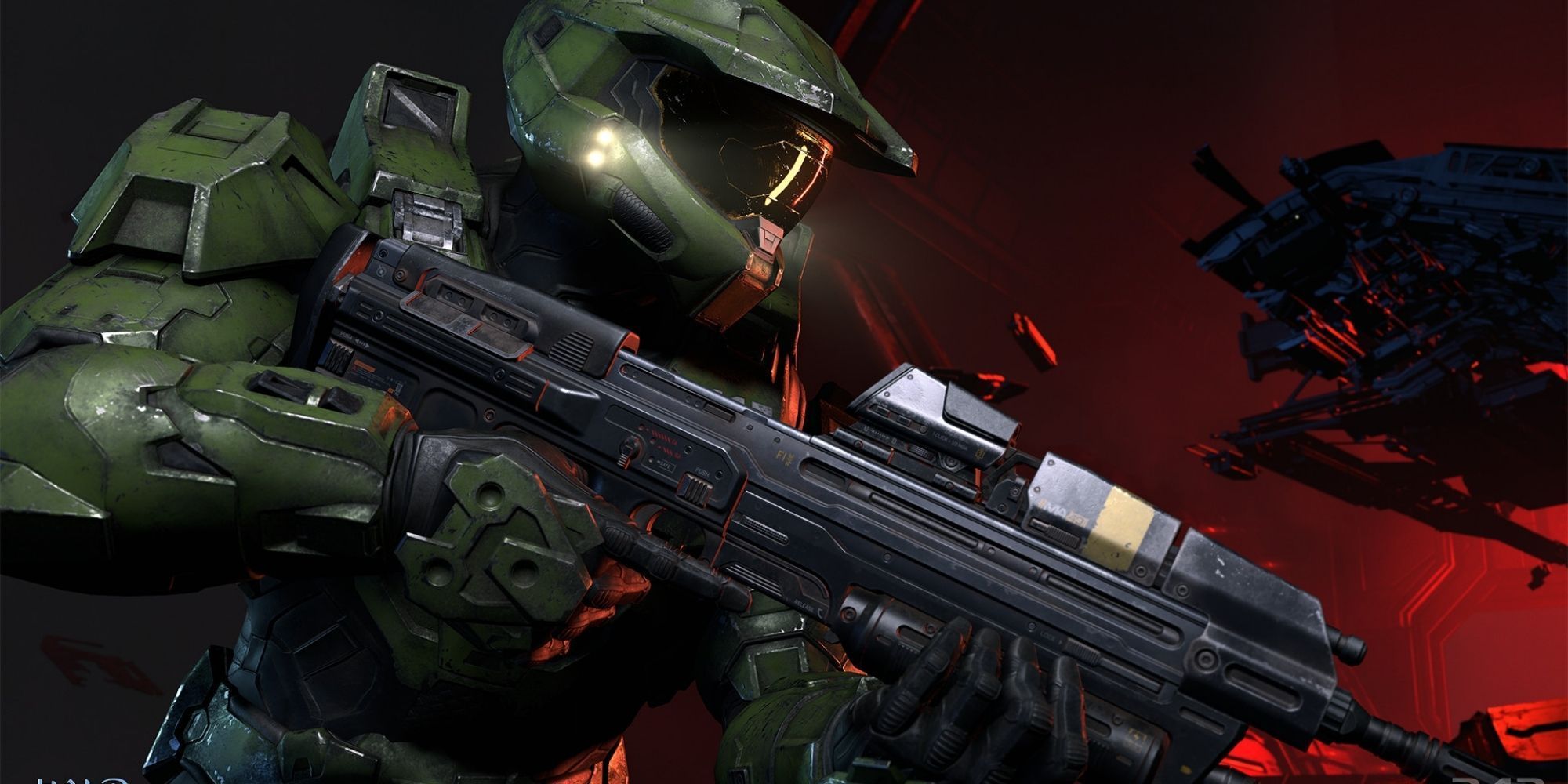Microsoft has announced plans to acquire Activision Blizzard for an eye-watering $68.7 billion - just short of $69 billion. Damn. I can’t even imagine that amount of money, especially with the deal’s documentation stating that this figure is being paid entirely in cash. If I didn’t think Phil Spencer was a big money baller before, I certainly do now. This deal is huge, and easily the biggest of its kind we’ve ever seen in the medium. Seriously, there is no competition.
When Microsoft acquired Bethesda a couple of years ago for a much smaller sum, many of us viewed it as an acquisition that would change everything. It hasn’t yet, but games take a long time to make, and for now Bethesda’s biggest hits are still on PlayStation. In case of Deathloop, even heading to Sony as a timed exclusive. But it was still a massive shift, seeing a number of titles become exclusive to Microsoft platforms while ushering in a future where Starfield, Fallout, and other such properties would never see the light of day on PlayStation ever again. It thinned the playing field in a way we’ll never forget.
Compared to Activision, and no disrespect to Bethesda, this is small potatoes. The publisher, soon to be operating under the Microsoft umbrella, consists of several developers and properties that are borderline historic. Call of Duty, World of Warcraft, Overwatch, Crash Bandicoot, Spyro the Dragon, Tony Hawk’s Pro Skater, Guitar Hero, and so many others will soon be Xbox and PC exclusives, a monopolistic move that further reduces the amount of big players in the industry as things consolidate further into wide-reaching services.
In the Xbox Wire announcement post, CEO of Gaming Phil Spencer made it clear that the company aims to add as much of Activision’s back catalogue to Xbox Game Pass as it can, referencing current blockbusters and forgotten classics which the publisher has often kept hostage through remasters or deeming them unnecessary because they fail to draw in the biggest profits. This will likely change under Microsoft, whose vision for gaming appears far more forward-thinking and consumer friendly than anything Activision has ever done before. Part of me worries that Xbox Game Pass will become too big, with it now reaching a point that PlayStation will find impossible to compete with unless it seeks to make a similar acquisition, which I’m not sure it will - it just doesn’t have the capital that Microsoft has to throw around. But this goes so much deeper than the money needed to pull it off.
If you’ve been paying attention to the gaming zeitgeist in recent months you will know that Activision Blizzard is currently embroiled by a lawsuit in the state of California relating to years of toxic culture, sexual harrassment, and several other issues that have come to light. As a result of this, Activision’s initial denials, and subsequent allegations about Bobby Kotick’s behaviour, TheGamer does not cover its games, only reporting on the lawsuit as it progresses and cultural aspects of the company that come to light. Now the situation will hopefully begin to change, and many are already viewing this acquisition as a vision of hope for the future. TheGamer’s position, aside from covering this story, remains the same.
Kotick will maintain his position as Activision Blizzard CEO for the time being, but will now report directly to Phil Spencer and will likely be put into a position where enacting change to the company’s culture and righting wrongs will be a paramount concern. I’d love for them to kick his filthy ass to the curb as soon as possible, but given the obscene severance costs involved, this likely isn’t a realistic possibility in the near future. So we need to be patient, and hope that Microsoft leadership understands the severity behind such an acquisition and the wider implications that come with it. Time will tell, but aside from becoming the Disney of Gaming with all the talent it now possesses, this could be a step forward in transforming Activision into a company that isn’t beholden to a past defined by toxicity and abuse.
This deal isn’t just big in terms of monetary value, but in how it changes the gaming landscape in a way that we’ll be coming to terms with for years. Activision Blizzard has always been seen as one of the big players, with Call of Duty, Candy Crush, Overwatch, and several other titles in its portfolio drawing in billions in revenue which will now go directly to Microsoft. It will be fascinating to see if this deal will ever be recouped, or if Xbox is simply placing its bets on a horse that is more than just making a profit, but establishing an immovable foundation in the service-based market that will soon erupt into the metaverse. Half of us don’t even know what that phrase means right now, and hopefully it all blows over, but so many companies - especially Microsoft - are preparing for its arrival.
It can be hard to view gaming as a homogenous mass of a few big companies holding all the cards as a positive thing, especially when creativity becomes more and more suffocated by retreading old ideas in pursuit of guaranteed profits. From an artistic perspective, I have to respect Microsoft for its growing slate of games, and how it is willing to take chances on smaller projects and more ambitious blockbusters alongside the usual safe bets. Activision Blizzard is the definition of playing it safe, and has done for years, so perhaps we will see its output change and evolve in the years to come, while also making sure its culture slowly but surely improves as toxic figures leave and more progressive ones step into deserving roles. This acquisition is only paving over cracks, acting as the start of something new that could make this industry a better place. Or it could accomplish the opposite, we just don’t know.
Xbox especially has spent the past several years gaining back ground, and this acquisition feels like it’s pushing that goodwill to a breaking point. The value it presents the end user is undeniable, and the potential creativity it can bring to games is immeasurable, yet it also highlights them as the corporate giant they are and always will be. You can’t have it both ways, and I hope we aren’t approaching an ultimatum where Microsoft learns that the hard way.




